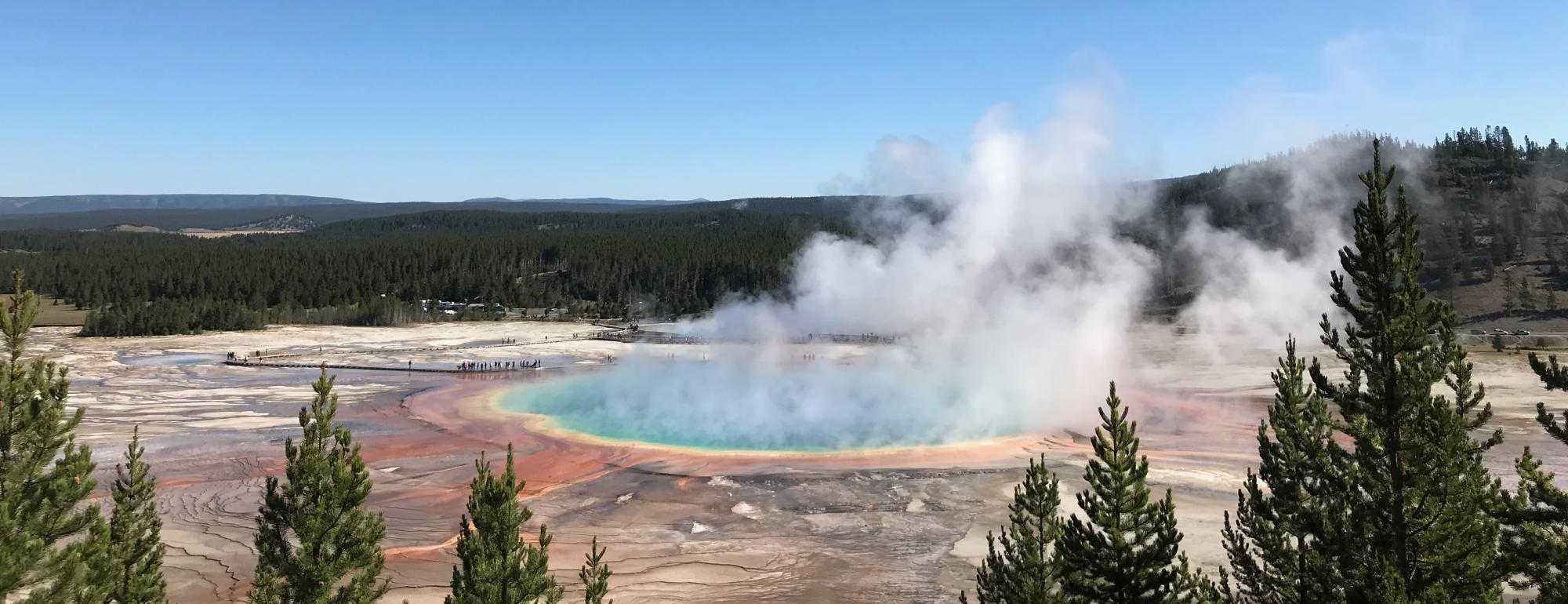Don L. Turcotte | 1932-2025

Our colleague and dear friend, Distinguished Professor Donald L. Turcotte, passed away on February 4, 2025. Don inspired and mentored an exceptional number of geoscientists, across more than five decades, including for two decades from our department. His intense focus on addressing difficult scientific problems combined with his equanimity in the face of challenges earned admiration and respect from all who knew him. His sense of humor and appreciations of the finer aspects of life, including French cuisine, classical music and especially playing golf, led to many deep friendships. Don summarized his dedication to coming to the office 7 days a week after “retirement” this way: “Doing geophysical modeling isn’t work, it’s fun, and it’s just as much fun today as it was 35 years ago.” Few have contributed more to fundamental geophysical knowledge as Don, and even fewer have done so in such a graceful and collaborative manner.
Don’s contributions to geophysics started when he applied his engineering training to understanding the mechanics of plate tectonics, including convective flow in the mantle. He continued this work for decades, including with Distinguished Professor Louise Kellogg, a long-term faculty member of our department. It was their friendship and collaboration that led to Don joining our department after his “retirement” from Cornell University in 2003. Once at UCD, Don continued work with colleagues and students on diverse topics. His continuing work with Louise included understanding carbon transport in Earth’s deep interior. However, he main focus was on developing a theory of damage – predicting how things break, particularly in natural settings. This led to numerous collaborations that used seismic signatures to understand invasion-based percolation (fracking), geothermal system dynamics, volcano eruptive series, and especially the dynamics of earthquakes and fault systems. Don’s collaboration with Distinguished Professor John Rundle on earthquake forecasting and nowcasting led to numerous insights into fault and earthquake behavior. However, forecasting earthquakes is an exceptionally difficult problem, one that requires a theory of damage embedded in intrinsically non-linear dynamical systems. It is the type of problem that Don loved – really difficult, very important, and requiring collaboration across disciplines. Don will continue to inspire generations of geoscientists and physicists through his legacy of outstanding publications that connect observations with the underlying processes. He will also remain a role model for effective mentoring and productive collaborations to those of us who had to pleasure of knowing and working with him.
Bowie Award Citation and Acceptance (2004)
A Passion for Golf

Don's passions included golf, which he played at a very high level from a young age. Even as a young man, his golf play was at such a level that he once missed the cut at the Canadian Open professional golf tournament by only 2 strokes. His putting style was unique. A golfer is allowed to carry only 14 clubs, and most players carry only 1 putter. Don, however, carried 2 putters, one of which he modified by taking a blowtorch to one of his putters, bending the handle into a diagonal shape that improved his putting dramatically. Don was also the organizer of the yearly "Turcotte Open" at his club in Ithaca, NY, where students, postdocs and visitors would compete for the trophy.
Don was well known for bringing his clubs on most of his trips, playing at local courses. Beginning in the late 1980's, John Rundle began to join Don in many of those locations. They played together at courses in Scotland at Saint Andrews (which Don played frequently while there on sabbatical leaves), Germany, Australia, Hawaii, and other more local courses in California, New Mexico and New York. Don could usually best his playing partners, which also included John and Rebecca McRaney from USC, and Jim Whitcomb from NSF. It wasn't until late in his life that Don had to abandon this passion due to advancing age.
Don’s golfing handicap index was in the low single digits, even at the end of his golfing career, and he had 8 holes-in-1 – the mark of a great golfer. One of these was scored during a scientific meeting in Saint Andrews. Don left the meeting, played his round of 18 holes, and then returned, to be greeted with much applause when the achievement was announced to his colleagues.
Messages of sympathy and memories of Donald may be sent to memories-of-don@ucdavis.edu.
If you wish to have your message included on this web page, please let us know.

